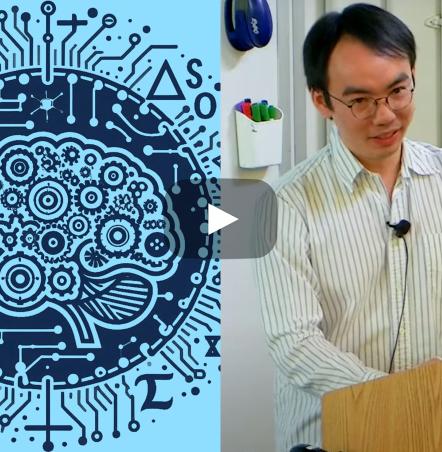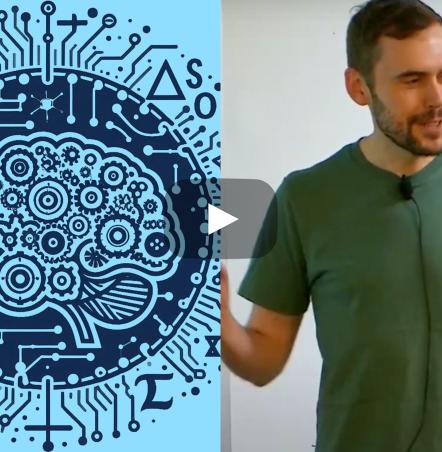Call for Applications: Law and Society Fellows

Established in 2020, this interdisciplinary fellowship brings researchers from the humanities, social sciences, law, and related disciplines to the Institute as long-term participants in research programs that address technologies with profound impacts on human society and with implications for ethics, law, and policy. While at the Institute, Law and Society fellows participate in program workshops and seminars and collaborate closely with visiting scientists to address the broader societal implications of the techniques and technologies addressed within these programs. The intention is for there to be one Law and Society fellow in residence during each semester that has at least one applicable program.
Specific deliverables for Law and Society fellows typically include an initial talk on the fellow’s work, for visiting researchers at the Simons Institute, and a policy-and-practice white paper relating to the topic of the research program in which the fellow participated. This white paper is then disseminated through the Institute’s newsletter, website, and social media channels. Fellows may also be invited to collaborate with the Institute’s film production team on an episode of Theory Shorts, a documentary web series about the topics covered in the Institute’s research programs.
The Law and Society Fellowship is a component of the Simons Institute’s Algorithms, Society, and the Law initiative, which was developed in 2019 in recognition of the increasingly pervasive impacts of algorithms on all aspects of human society. Issues of data privacy and security, biased data sets, algorithmic fairness, transparency, and legal governance, to name a few, have emerged as central themes in many Simons Institute programs.
Ten years ago, the leading edge for the theory of computing was the dynamic interplay between core algorithms and complexity on the one hand and, on the other hand, the “algorithmic lens,” which reaches out to domains outside the field (for example, biology and physics) with computational questions at their core. Today our field has been transformed by the emergence of machine learning and AI; their foundational questions now constitute a major thrust within theoretical computer science (TCS). With the ascendancy of these new technologies, the field of TCS is for the first time faced with serious questions relating to the impact of algorithms on society.
Applications are now closed.





